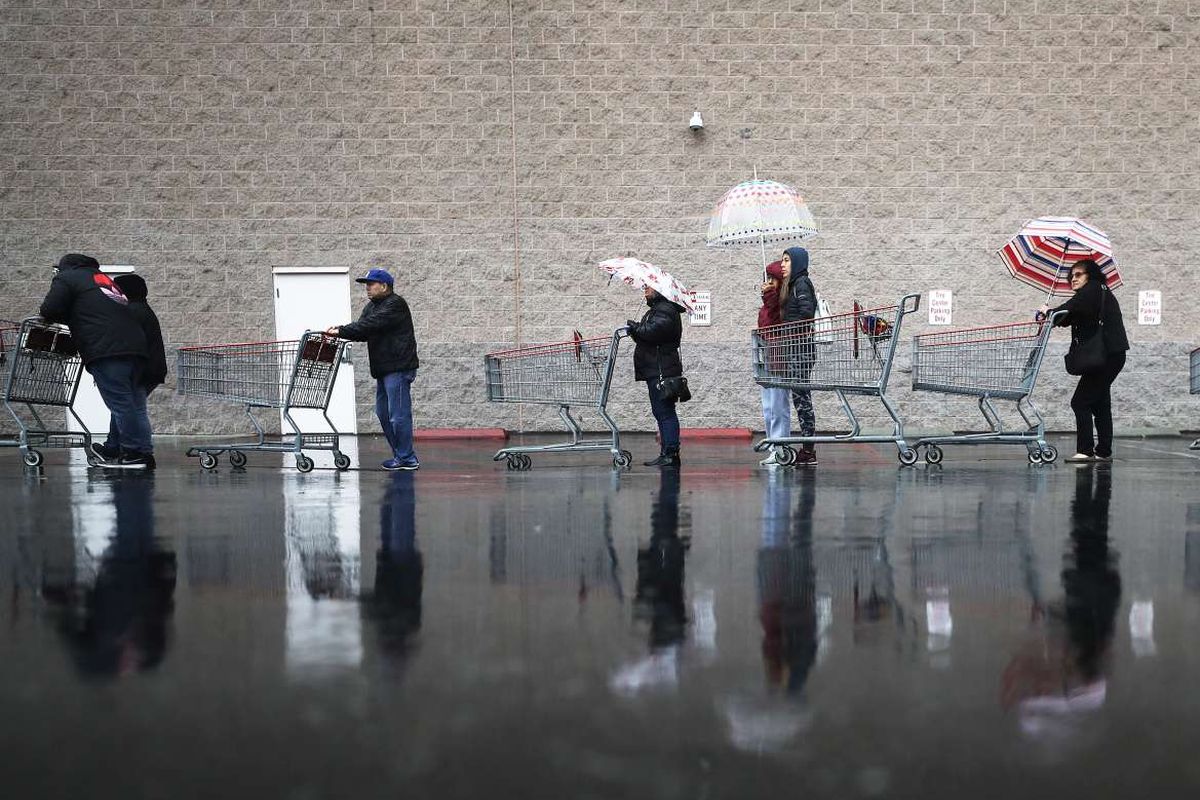Anxiety and Depression Spike in US Adults during Coronavirus Pandemic

WASHINGTON, KOMPAS.com – Research suggests that mental health problems are rising among Americans in the wake of the coronavirus pandemic.
Anxiety and depression are some of the mental health issues on the rise as waiting lists for appointments are also growing. Mental health therapists’ caseloads are bulging in wake of the uptick.
In the medical journal JAMA Network Open, Boston University researchers found that half of American adults surveyed reported some signs of depression.
Among the symptoms include hopelessness, feeling like a failure, or finding little pleasure from doing things. The estimate is double the rate from a separate survey two years ago.
Read also: Covid-19 Crisis Takes a Toll on Mental Health of Singapore’s Migrant Workers
The study did not ask about any diagnosis they might have received, and for many people, the problem is mostly angst rather than full-blown psychiatric illness. But experts say the feeling is genuine and deserving of professional help.
For some people, it stems from lost loved ones and the financial distress and social isolation the outbreak has caused.
Experts say Americans are also feeling anxiety over the racial and political upheaval of the past few months, though the BU study was conducted before the recent tumult.
“There is no question that many people in the US and worldwide are experiencing real and often distressing emotional reactions to the Covid-19 pandemic and, in some cases, to contracting the virus,’’ said psychiatrist Dr. Ronald Pies, a retired professor at SUNY Upstate Medical University.
The global outbreak has caused more than 850,000 deaths and almost 26 million confirmed infections. US cases total 6 million, with about 185,000 deaths.
The crisis has also thrown millions out of work, crippled the economy and forced shutdowns of bars, restaurants, theaters and gyms.
Read also: Ranks of Jobless Expected to Swell to 11 Million in Indonesia
Calls from March through July to the US government-funded Disaster Distress Helpline, which offers counseling and emotional support, surged 335 percent from the same period last year.
“Helpline counselors have reported callers expressing feelings of isolation and interpersonal concerns related to physical distancing such as being cut off from social supports,” said Hannah Collins, a spokeswoman for Vibrant Emotional Health, a group that runs the helpline.
While not all calls are Covid-19-related, many people have sought help for anxiety and fear about getting the virus, distress over being diagnosed, or anguish over the illness or death of a loved one, she said.


































